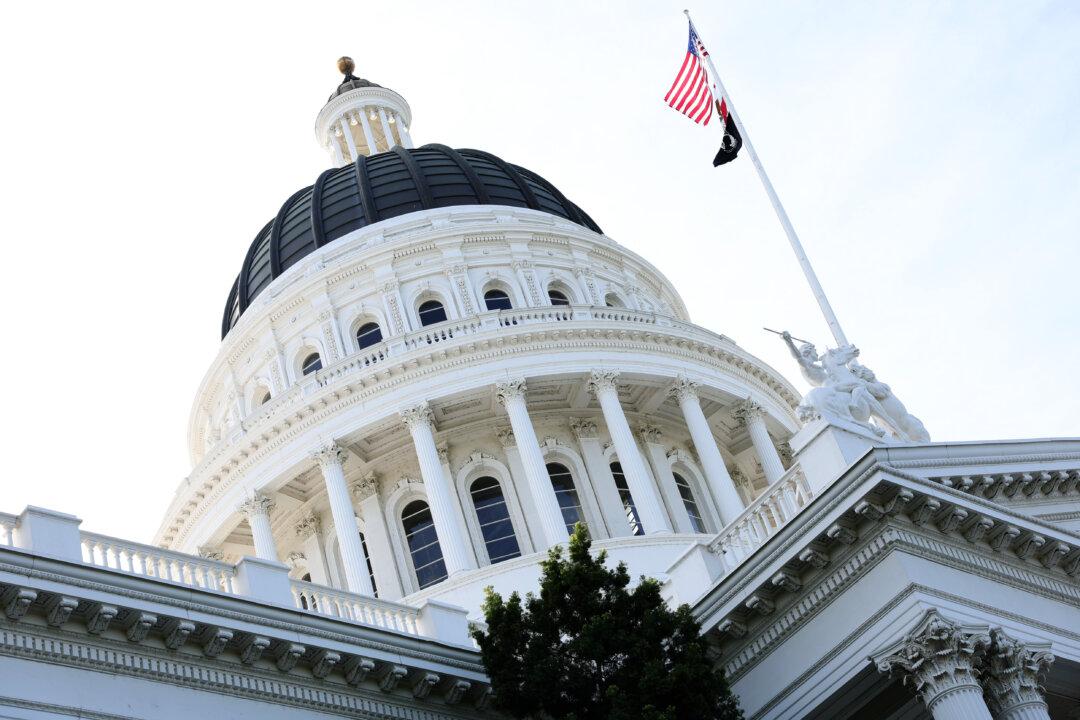A bill that would raise the maximum donation from $250 to $1,000 to officials who oversee permitting and licensing in the state, is one step closer to law after the Senate passed the measure May 20 on a vote of 30 to 2.
The bill will now be heard by committees in the Assembly, and if passed there, would receive a vote on the Assembly floor.





